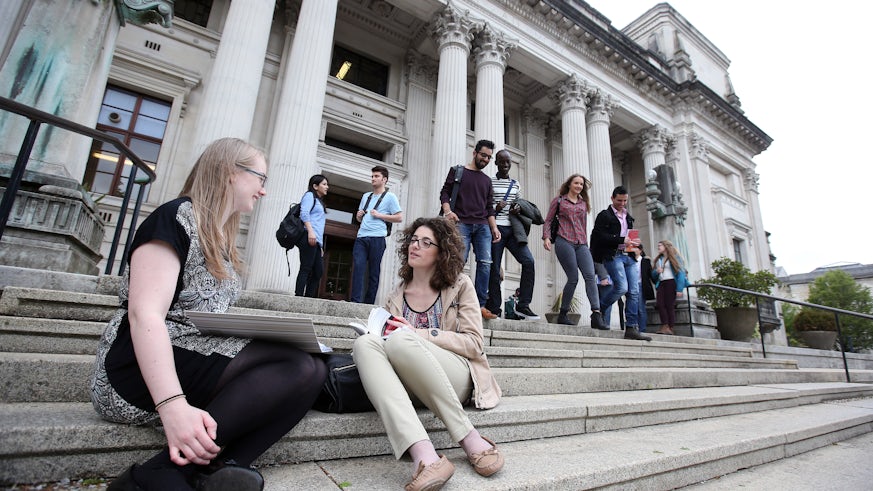Preparing the next generation of leading social science researchers
11 August 2016

Cardiff has been named as lead partner for one of 14 new Doctoral Training Partnerships (DTPs) announced by the Economic and Social Research Council (ESRC).
The 14 DTPs, along with two Centres for Doctoral Training (CDTs), form the ESRC’s new Doctoral Training Network which significantly widens access for postgraduates to ESRC funding in the UK.
The ESRC Wales DTP is a collaboration between Cardiff, Swansea, Bangor, and Aberystwyth, with two pathways that incorporate specific provision in Cardiff Metropolitan University and Gloucestershire, respectively. From October 2017 onwards, it will support six new annual cohorts of doctoral students across the social sciences, with the majority of accredited pathways hosted at Cardiff. It succeeds the University’s current Doctoral Training Centre.
Students at Cardiff, and the other DTP locations, will benefit from access to the highest-quality training in the social sciences, supplying the next generation of social science researchers with the skills, curiosity and creativity to be truly innovative.
The training focuses on providing skills such as:
- working in interdisciplinary teams
- communicating research ideas and findings clearly
- working alongside international partners
- being equipped to undertake high-quality analytical work
- handling different forms of data
- collaborating with organisations in the private, public and third sectors.
Professor David James, Cardiff University School of Social Sciences, said: “The success of our consortium-bid for the ESRC Wales DTP sets us up to train a new generation of top-level researchers across almost all of the social sciences. Peer reviewers were impressed by how our proposal built upon the track record of our current Doctoral Training Centre, including our successes in generating authentic collaborative arrangements with non-academic partners for many of the studentships.
“The new DTP also allows us to offer several new interdisciplinary pathways in areas such as Data Science, Health & Wellbeing, and Digital Economy & Society.”
